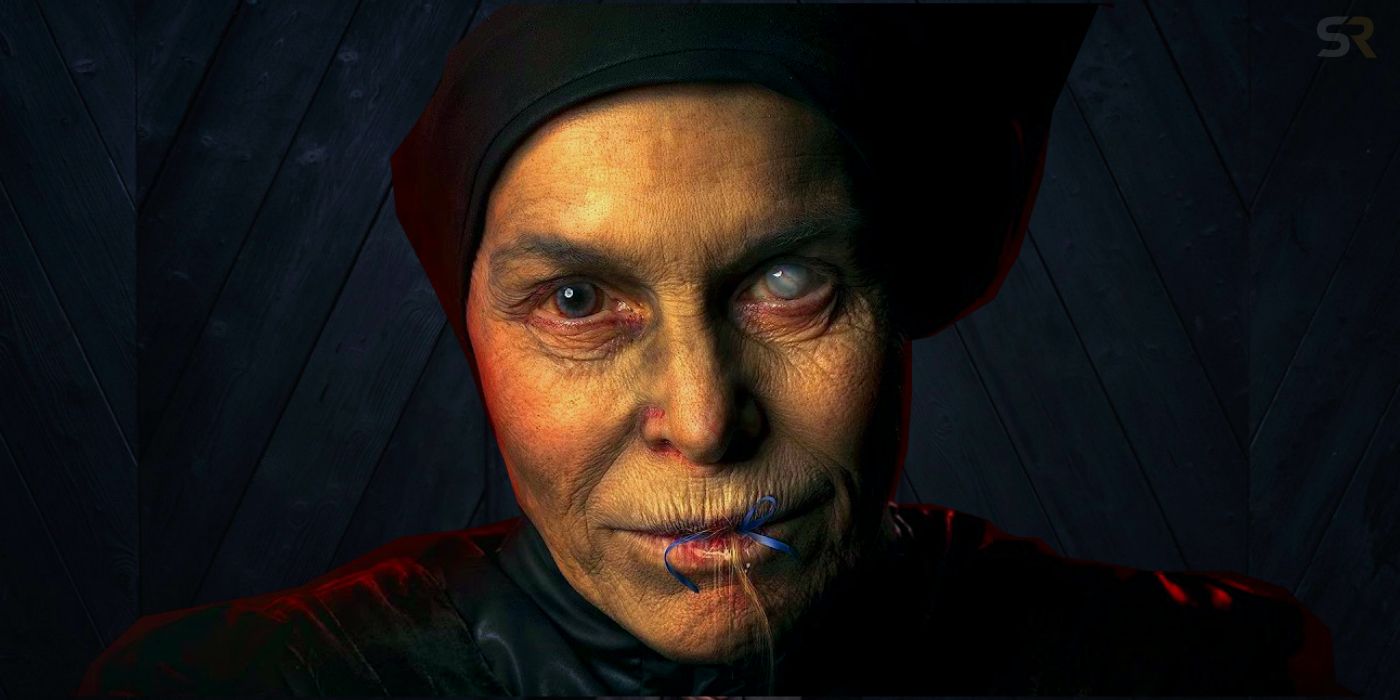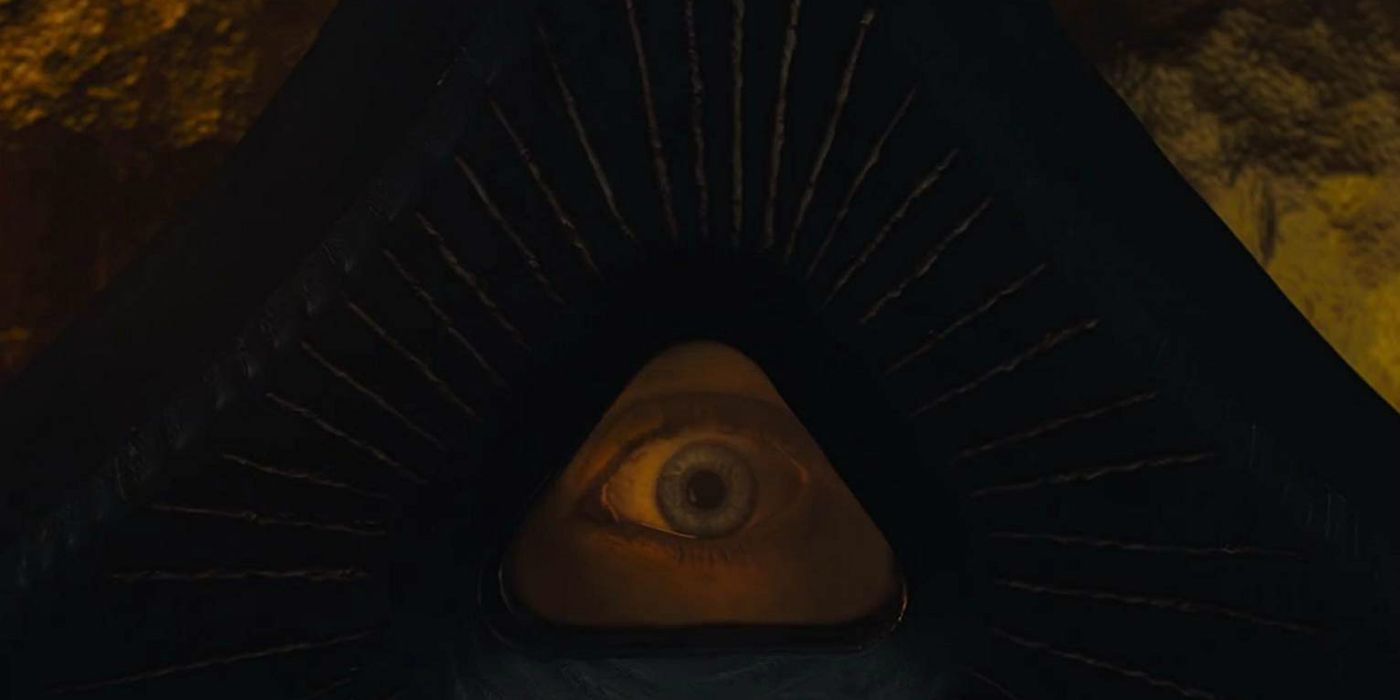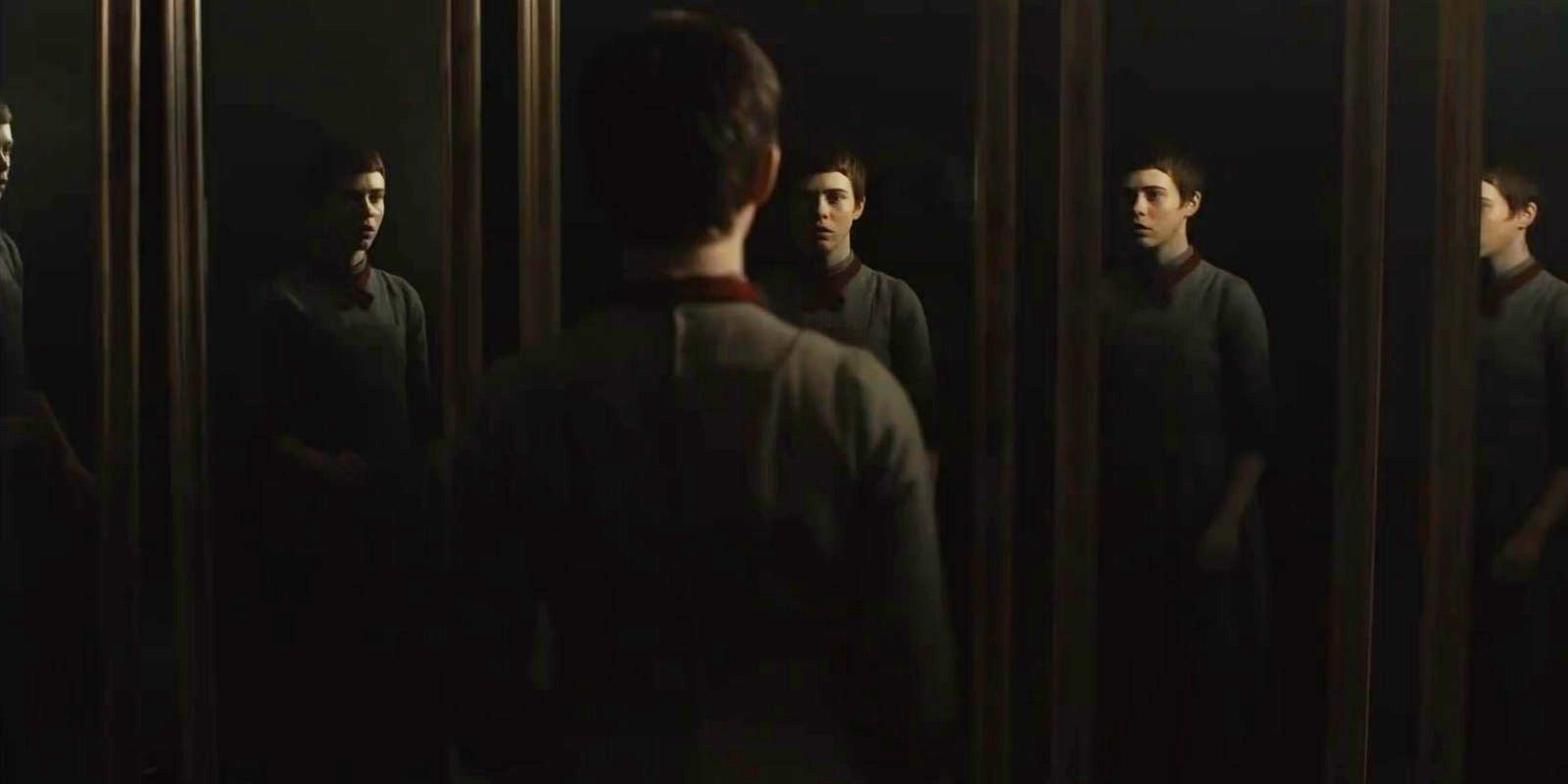Warning! Spoilers for Gretel & Hansel below.
Gretel & Hansel hit theatres in early February to an ambivalent response by critics and fans, best explained as a subpar movie with a brilliant end.
Reviews for the movie have been mixed. It has a rotten score on Rotten Tomatoes from both critics and audiences. While critics were willing to give it a near-Fresh 58% for its stunning visuals and creeping pace, audiences weren’t as forgiving, giving the adapted fairy tale a score of 21%.
The folk horror genre has been making a slow comeback, with films like The Witch, Hereditary, and Midsommar gracing the big screen to critical acclaim. Audiences are thoroughly prepared for slow-burn creeping horror; their disappointment does not come from misunderstanding what Gretel & Hansel was trying to do.
Gretel & Hansel Was Disappointing
Although the Gretel & Hansel trailers a terrifying mythical landscape, the movie itself wasn’t very scary. It is unaffected by its PG-13 rating, with realistic and disturbing effects. However, its moments of terror are generally poorly handled, with little follow-through. In Robert Eggers’ The Witch, one of scariest moments is a jump scare in which Black Phillip impales William (Ralph Ineson) at his chopping block. This moment has a lasting effect because the movie prefaced it with several lingering shots of the character at the chopping block, chopping wood. Slow moments with a pay-off are far and few between in Gretel & Hansel. Hansel (Samuel Leakey) and Gretel (Sophia Lillis) accidentally eat magic mushrooms, but it only tweaks the sound and visuals of a single scene. They encounter an undead-like evil, but that is only for a momentary fright, never again referenced.
Gretel & Hansel sticks quite close to the original fairy tale in terms of plot and character, but this atmosphere often works against it. Many of the scenes feel disconnected. The narration, for the most part, is unnecessary, pulling audiences out of the horror of the moment. The dialogue, in trying to imitate a fairy tale lexicon, sounds stilted and unnatural.
Gretel & Hansel's Ending Scene Was The Best Part
Gretel & Hansel’s ending follows through on ideas seeded in from the first scene. Twice, we hear about characters who are tempted by the darkness and learn to “trust it”: once with the pink-capped girl from the stories and another with Holda (Alice Krige), the Witch. Holda tells Gretel she needs to learn to trust the darkness like she has, consuming that which holds her back. For Holda, it was her children that she ate, giving an even darker origin to the witch’s cannibalism. Holda believes that for Gretel, it is Hansel. In a fight to save Hansel, Gretel uses newly discovered psychokinetic powers to impale and burn Holda.
In the movie’s final moments, audiences learn that Gretel will moving forward alone to explore her newfound powers. In killing Holda, she has freed the spirits of the eaten children. They disappear into the forest with Gretel watching with pride, thinking herself saved, wondering where her path will take her. As she asserts a faith in herself, a “trust”, her fingers blacken like Holda’s. She stares in horror. It is the first time the narration feels justified, because it presents a contrast between Gretel’s mindset and what is happening onscreen, offering much-needed perspective. It reaffirms the movie’s theme of not trusting gifts. Twice, characters say they trust the darkness.
Gretel repeats the motif a third time, following through on the fairy tale “rule of three”. She says she trusts herself because she does not need to trust “the darkness”. It is already within her. Often, heroes do heinous things in the name of good, and it is treated a just because it happens to bad people. Gretel & Hansel’s ending refutes this. In killing Holda in such violent way, even with the understandable purpose of saving her brother, Gretel makes her choice to trust a dark path; her soul does not go unscathed within this ends-justifying-the-means mentality.



